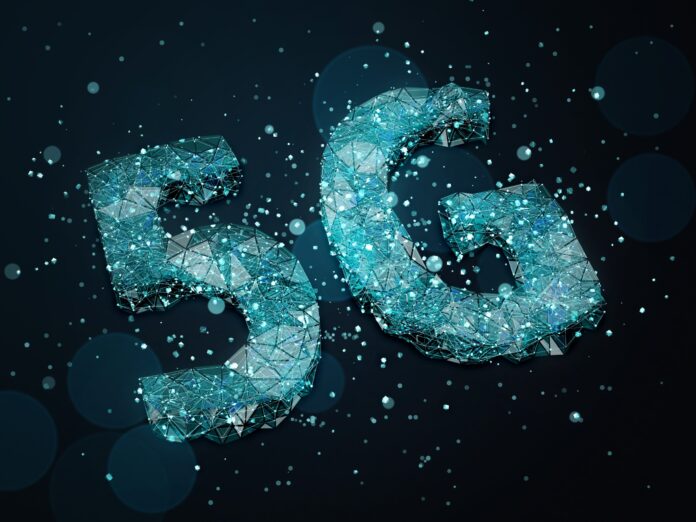Opensignal looks at 5G experience vs. overall network experience among the three largest U.S. MNOs
T-Mobile US continues to maintain its lead in offering the fastest 5G speeds and availability, but Verizon and AT&T’s C-Band deployments are helping those carriers to make some inroads.
That’s the general breakdown of Opensignal’s latest assessment of the state of mobile network experience among the top three U.S. mobile network operators. But there are some interesting nuances in where the carriers landed close to one another, and where there is a big gap in performance.
One of those gaps continues to be in 5G speeds, where T-Mobile US maintains a large lead. Per Opensignal’s assessment, T-Mo achieved a first in topping the 200 Mbps mark for average 5G download speeds. Verizon sits at about 135 Mbps and AT&T at at 123.5 Mbps. T-Mobile US has continued to slightly boost its 5G speeds, but AT&T are Verizon “have whittled away at T-Mobile’s lead” via their C-Band spectrum deployments, Opensignal concludes. In Opensignal’s previous report, T-Mobile’s average 5G download speed was twice as fast as Verizon’s; now it’s only about 50% faster.
In 5G upload speeds, Verizon has the advantage, with an average of 19.9 Mbps, followed by T-Mobile US at 17.6 Mbps and AT&T at 14.4 Mbps. Verizon was also the outright winner in Opensignals’ categories for specific applications in 5G: Video, gaming
Opensignal’s new analysis looks at both user experience in 5G specifically, as well as across the carrier’s network when factoring in all technologies. Data for the analysis was collected between mid-September and mid-December of 2023.
When it comes to overall network experience across various technologies, T-Mobile US swept all five categories, even if it did so narrowly. One of the biggest gaps among the competitors was in cross-technology network download speed experience, where Opensignal said that T-Mobile US users experience average network download speeds of around 113 Mbps, compared to 45.4 Mbps on AT&T and about 38 Mbps on Verizon — which translates to T-Mobile’s overall experienced speeds being about three times faster than Verizon’s and 2.5 times faster than AT&T’s, the testing and analysis company pointed out.
In terms of consistent quality of network performance, in which Opensignal looks at how often the network provides connectivity “sufficient to support common mobile application requirements at a level that is ‘good enough’ for users to maintain (or complete) various typical tasks on their devices,” all three operators land within a few percentage points of one another. T-Mobile US takes the win with a score of 80.3, followed by Verizon at 76.6 and then AT&T at 75.7.
AT&T beat out the other two carriers very narrowly on overall network availability across technologies (in its only national win), while T-Mobile US provided significantly more 5G availability (in terms of amount of time that 5G-capable devices spent connected to 5G) compared to the other two operators.
More details on the breakdown of results from Opensignal in this post.

